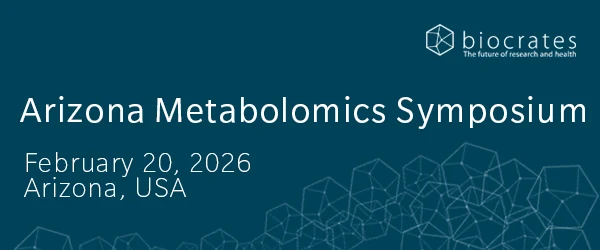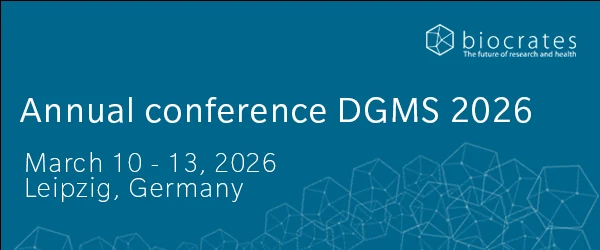You are currently viewing a placeholder content from YouTube. To access the actual content, click the button below. Please note that doing so will share data with third-party providers.
More Information
Speaker | Ass. Prof. Jennifer Ose
Affiliation | Department of Population Health University of Utah, Salt Lake City | USA
Metabolomics and application in colorectal cancer research
In this presentation Prof. Ose highlights the research conducted by an international consortium focusing on colorectal cancer (CRC) patients at the time of diagnosis. The study utilizes targeted metabolomics to investigate biomarkers for cancer risk and prognosis, emphasizing the importance of understanding cancer metabolism.
A significant part of the study is the KOLO care study, a prospective cohort of nearly 4,000 patients, funded by NIH. The study reveals a strong negative association between visceral adiposity and glycerophospholipids, particularly in metastatic tumors. This suggests a metabolic shift in glycerophospholipid metabolism related to subcutaneous adipose tissue in metastatic tumors. The research also highlights the limitations of BMI as a measure of body composition, advocating for a more nuanced understanding of different types of adipose tissue.
Further, Prof. Ose discusses various related studies, including the association of systemic creatinine with rectal cancer prognosis, the role of branched-chain amino acids in energy balance, and the potential of plasma metabolites in predicting cancer recurrence.



